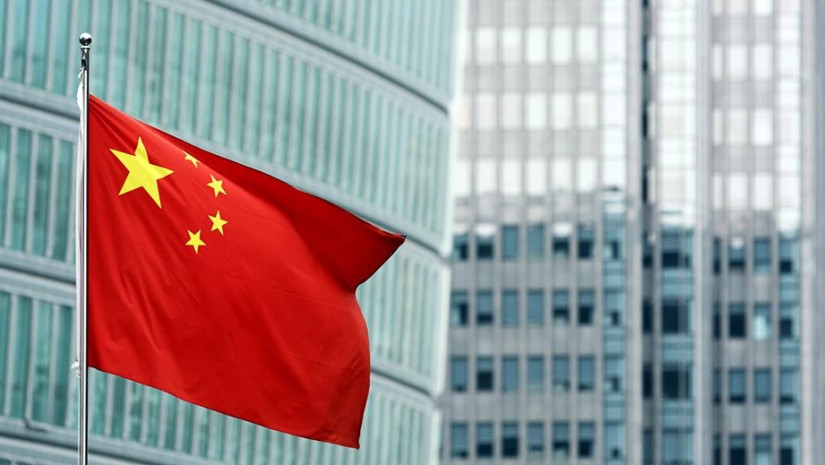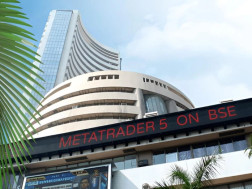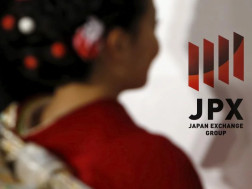People’s Republic of China linked equities and investment funds underperformed so far this year as China’s economy is facing economic headwinds. China communist party general secretary Xi Jingping and the Chinese leadership now seem to try to provide government support and pro-growth policies to stabilize markets if not engineer a rally in Chinese risk assets. Foreign investors seems to return to China’s stock market, causing a bullish shift in sentiment after months of scepticism. And China underperformance.
As a sign of the ZEITGEIST, some banks in Asia have started to sell higher margin to the seller structured notes linked to China equities again.
China ETF MCHI started going into august with a closing price of $49.80 while the CSI 300 China index started the month of august with +3% gain year-to-date, compared to +28% gain in Japan’s Nikkei and +19% gain for the broad US benchmark index S&P 500 index. Chinese equities trade at P/E 14.2x and a dividend yield of 2.48% compared to P/E of 20.5x and dividend yield of 1.5% for the S&P 500. Japan’s Nikkei 225 is starting the month of august with 33k levels in the index and an estimated P/E of 21.46x and corresponding market dividend yield of 1.83% source: Bloomberg.
According to Bloomberg data, China fell to third among US trading partners last year for the first time since 2004, supplanted by Mexico and Canada. The latest data show growth in the world’s
second-largest economy slowed to an annualized rate of 3.2%, an unprecedented sluggishness for China in this century before the pandemic. Economist consensus view for China’s economy now stands at 5.2% GDP growth for 2023 and 4.8% for 2024 and 4.6% for 2025.
Most economist would agree that China is changing to become a much lower growth economy just at the same time when Japan under the leadership of prime minister Kishida-san seems to be able to overcome its previous lost decades. This increasingly will be reflected in market valuations and capital flows.
China’s move toward one-man rule has made it more important than ever for investors to align their portfolios with the priorities of President Xi Jinping and the single party state.
The much promoted and advertised China re-opening trade promulgated by wall street and big banks with product distribution capabilities disappointed investors, but due to political will in Beijing, the market now could be setting up for a tradable rally in Chinese equities.
MSCI China recently traded at a valuation multiple of 9.8X earnings, a 38% discount to emerging markets and 50% discount to the S&P 500. As of august 1st 2023, the China MSCI ETF MCHI underperformed MSCI Japan EWJ and the United States S&P 500 index ETF SPY by a very wide margin of -11.48% and -14.77% respectively.
The sad and unnecessary proxy war in the Ukraine has shown global investors that geopolitical risk can easily be mis-priced.
Global investors can directly invest in hongkong listed China stocks & ETFS in HKD to avoid China etf denominated in USD and listed on United states securities markets.
Is China uninvestable question / narrative once famously promulgated by Goldman Sachs analysts based on the view that geopolitical risks and concerns about governance and its single party state make red China an undesirable investment destination.
Growing western analysts view or bias that China is becoming more univestable is leading to more interest in Japanese and Indian equities in global portfolios.
In 2011 China overtook Japan as world's second-biggest economy and Asia Ex-Japan became fashionable marketing for many banks and brokerage companies.
Japan's economy was worth $5.474 trillion (£3.414 trillion) at the end of 2010, figures from Tokyo have shown. China's economy was closer to $5.8 trillion in the same period.
Japan has been hit by a drop in exports and consumer demand, while China has enjoyed a manufacturing boom.
When China overtook Japan in economic size, the democratic government of Japan which allows a free press and freedom of expression opined "As an economy, Japan not competing for rankings but working to improve citizens' lives." Whereas Japan once rivalled Italy as a symbol of political chaos, it has recently become an example again of steadfast stability, especially in a world of rising geopolitical risk.
According to UN population data, India has overtaken China as the most populous country in the world this year.
In Japan’s aging society with declining population, the decline in population means the economic value of the younger generation is going up. Japan could be the only advanced economy where we could see the rise of a new middle class and where this class of teenagers will be better off than their parents.
Tokyo seems the only large capital city in the world where someone on a Starbucks wage could afford his or her own apartment with less than 5 and half years of average pay to purchase and apartment within an hour’s commuting distance of the city centre. In London New York or Beijing this is unthinkable.
XI Jing Ping as general secretary of the Chinese Communist Party of the people’s republic of China spooked local as well as global investors with the mantra and narrative of common prosperity leading to China equities underperformance.
President XI as part of his common prosperity mantra was alleged to have stated "houses are for living and not for speculation". The same could be said about a rising stock market.
The state that Mao ZE Dong and his comrades founded on October 1st 1949 has a significant wealth gap today in 2023. Deng xiao ping quoted and made famous the expression that to get rich in China was glorious. The China politburo under the firm control of party chief Xi Jing ping focuses more on historical roots of the party and the idea and noble vision of common prosperity.
Understanding the China communist party and its impact on China local markets and indeed world markets will become more important for the astute investor and capital allocator.
Recent weakness in key China economic indicators is underscoring why China’s policy makers are seeking to address a property and market slowdown that was weighing on the country’s economic recovery and potentially its future.
Bullish technical formations, an improving earnings outlook and rising inflows augur well for China stocks for now or the foreseeable future.
Xi Politburo has no choice but to escalate its monetary stimulus if it wants to abort the political fallout from 20% youth unemployment and a Japan style deflation spiral, let alone have any hope of achieving its 5% GDP growth target.
In single party states, when the ruling party speaks to engineer a rally or recovery the impact can be material. Global investors take note, in the words of a Chinese proverb, fortune favour the brave and the prepared mind.
Rainer Michael Preiss is Partner & Portfolio Strategist at Das Family Office in Singapore.
















